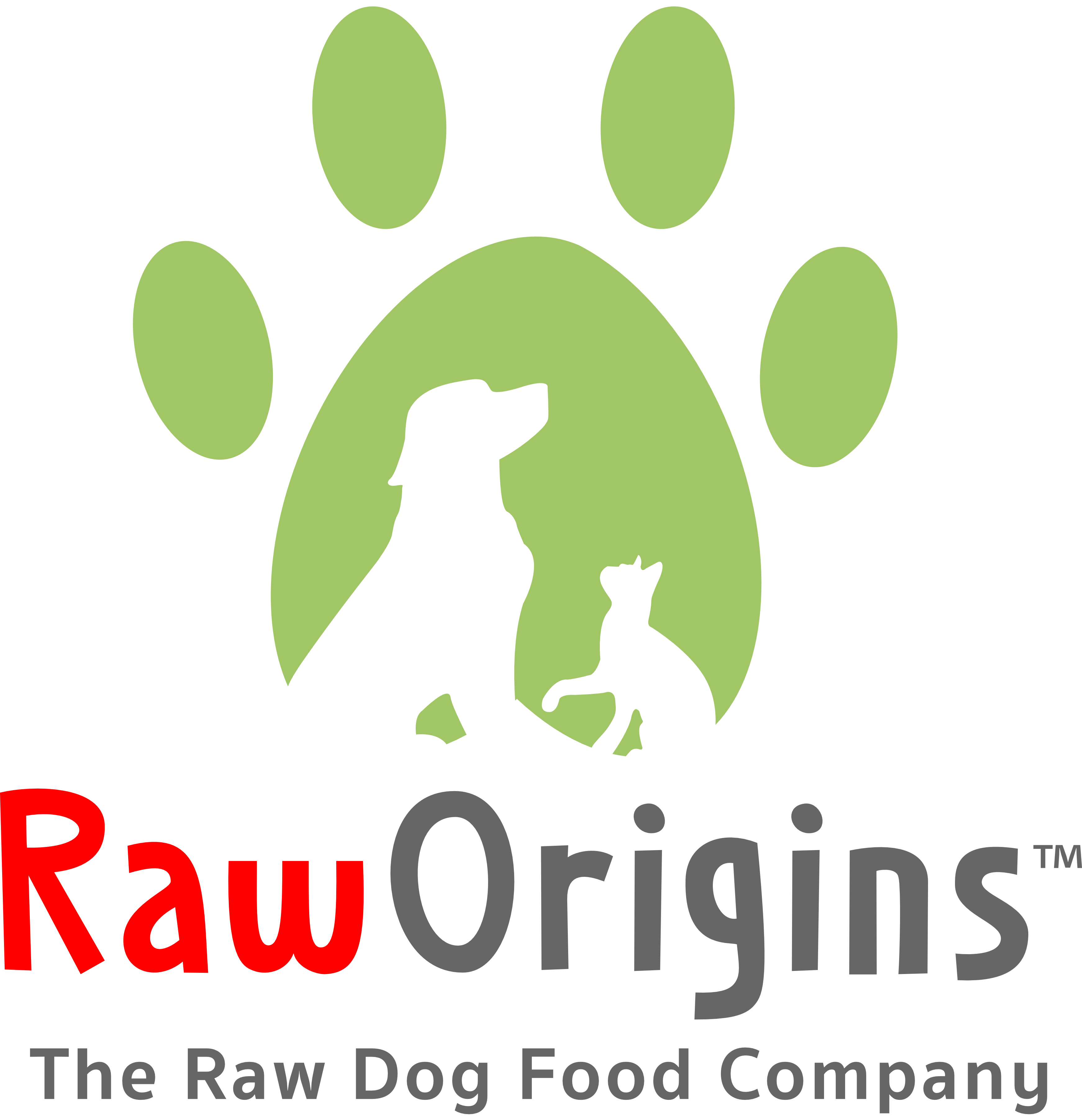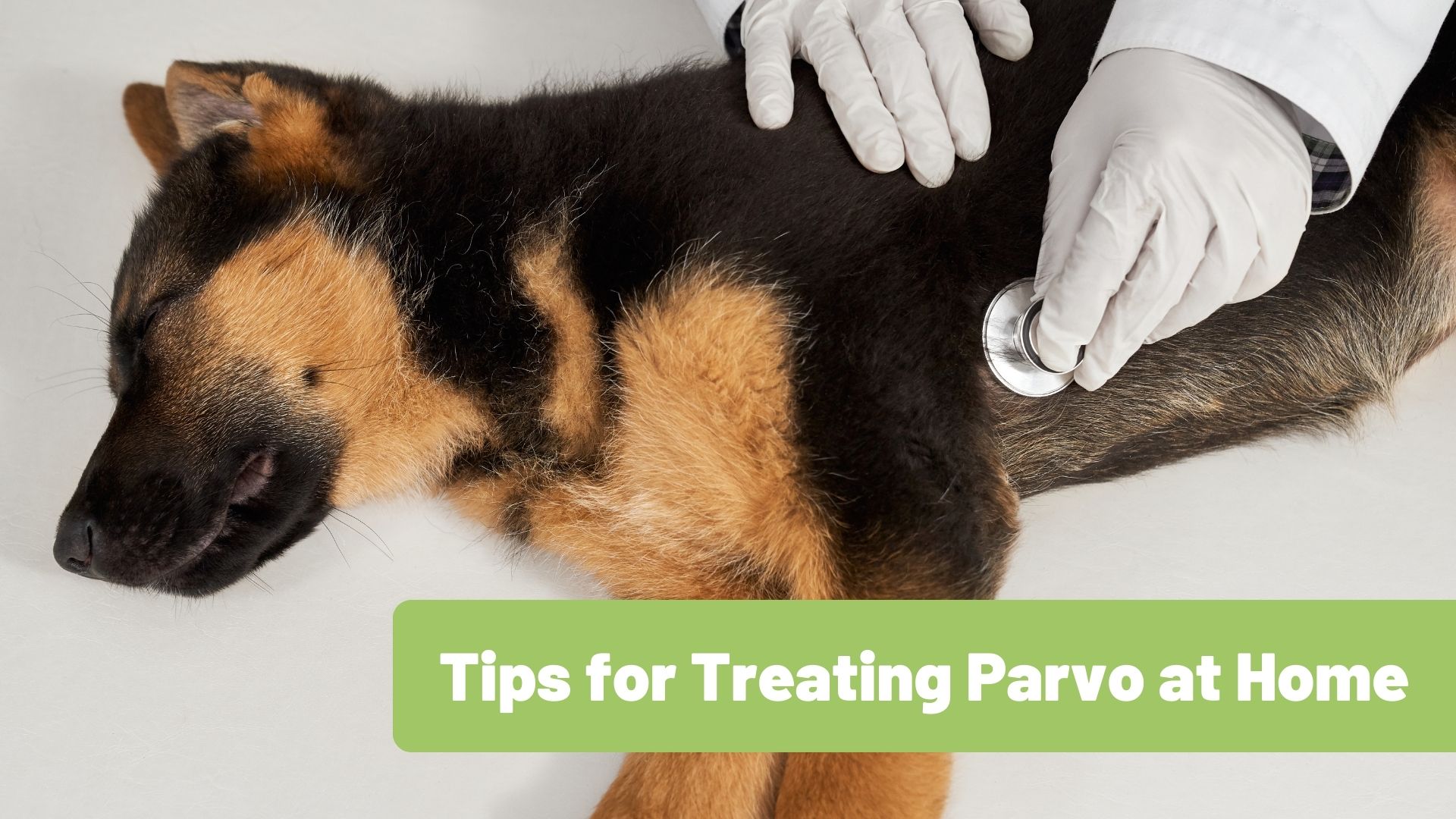Disclaimer: Before diving into this guide, it’s crucial to emphasize that Parvo is a severe and often deadly disease in dogs, especially puppies. While some home remedies may offer support, they should NEVER replace a professional veterinarian’s advice or treatment. If you suspect your dog has Parvo, consult with a vet immediately.
Canine Parvovirus, commonly referred to as Parvo, is a highly contagious viral illness affecting dogs. Most commonly, it impacts puppies between the age of six weeks and six months. Early detection and professional treatment offer the best chance for recovery. However, understanding supportive home care can be beneficial. Here are some tips for treating Parvo at home, while still keeping the safety and well-being of your pup in mind.
Hydration is Key
Canine Parvovirus, commonly known as Parvo, is notorious for causing symptoms that can rapidly lead to severe dehydration in affected dogs, especially due to the frequent bouts of vomiting and diarrhea. Dehydration can exacerbate the condition, making it even more critical for pet owners to be vigilant about their dog’s fluid intake.
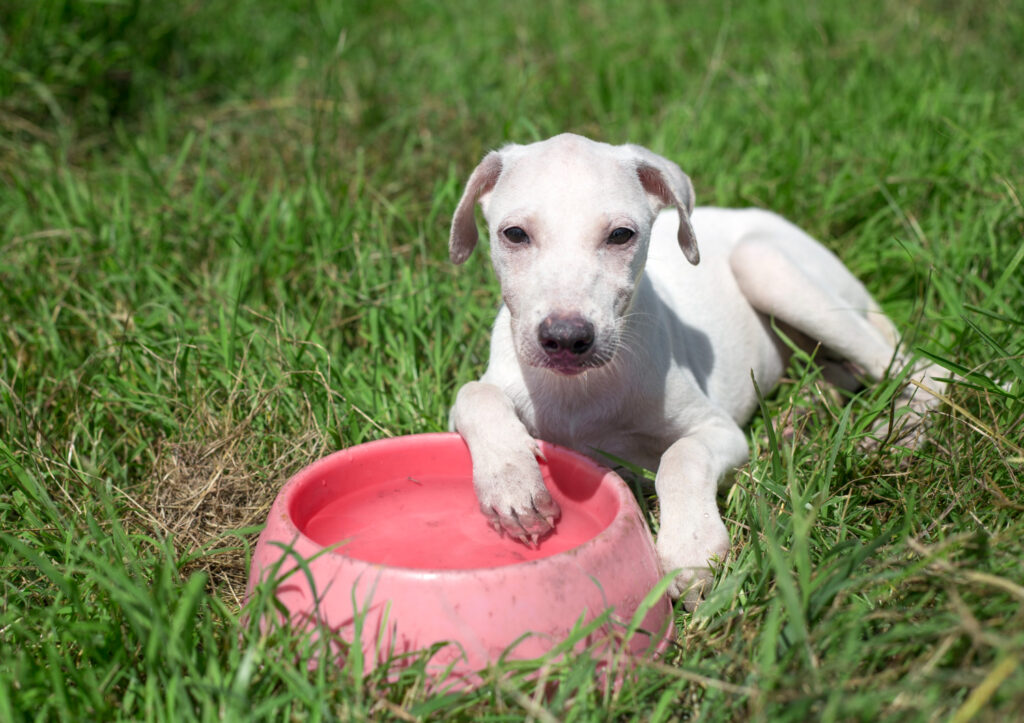
While it’s essential to note that there’s no direct home cure for Parvo, certain measures can assist in managing some of its side effects. One such supportive remedy is a rehydration solution made from water, sugar, and salt. This mixture can help replenish lost fluids, but it’s imperative to consult with a veterinarian to get the right ratios and ensure it doesn’t inadvertently harm your pet.
Another option for pet owners is Pedialyte, an over-the-counter solution, which has been formulated to restore and maintain electrolyte balance. It can be a useful addition to help stabilize dogs going through the debilitating effects of Parvo.
Nutritious Broths
Dogs afflicted with Parvo often experience a significant loss of appetite, making it challenging for them to consume food in their weakened state. However, even in the face of this diminished appetite, it’s of utmost importance that they continue to receive vital nutrients to support their recovery and maintain strength. One wholesome option to consider is homemade bone broth.
This liquid nourishment not only provides a rich source of essential nutrients but also ensures easier digestion. When preparing bone broth at home, it’s crucial to ensure it’s purely natural, meaning it should be devoid of any seasonings, additives, or spices that could further irritate the dog’s system. Offering this warm, nourishing broth can be a gentle way to provide sustenance during their recovery process.
Probiotics
After a bout of illness, particularly one that involves symptoms like diarrhea, the gut flora of dogs can be significantly disrupted. This imbalance might further weaken their system, making the replenishment of good bacteria in the digestive tract not just beneficial but crucial for a swift recovery and overall well-being.
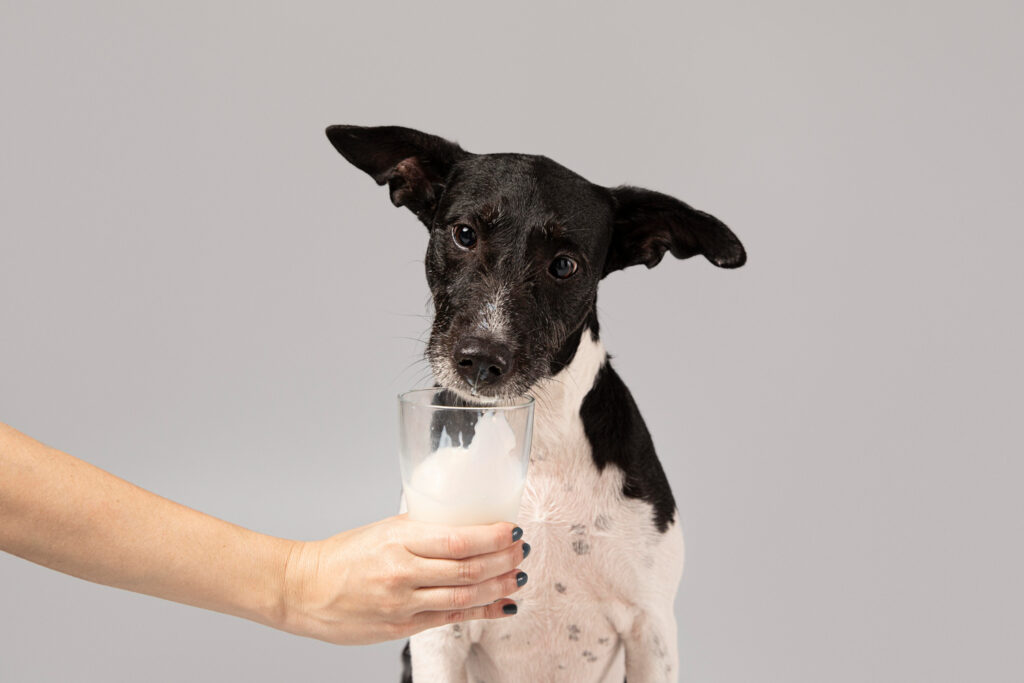
One natural remedy that can aid in this process is plain yogurt. Opting for a small spoonful of plain yogurt that boasts live cultures and is devoid of any added sugars can be a great way to introduce beneficial bacteria back into your dog’s system. These live cultures promote a healthier gut environment, aiding in digestion and potentially boosting the dog’s immune response during their recuperation period.
Comfortable Environment
Creating a stress-free environment is more than just a comforting gesture; it plays a pivotal role in facilitating a smoother and quicker recovery for your dog. Just as humans need peace and tranquility when healing, our furry companions also benefit from environments that are calm and reassuring, allowing their bodies to focus solely on healing.
One way to provide this nurturing environment is through warm and cozy bedding. A comfortable, soft spot to rest not only offers physical comfort but also gives them a sense of security during vulnerable times. In addition, ensuring they have a quiet space is equally crucial. By limiting loud noises, bustling activity, and other potential disruptions, you’re offering them a sanctuary—a peaceful environment where they can rejuvenate and gradually regain their strength without any added stressors.
Cleanliness
Maintaining cleanliness is vital when combating contagious diseases like Parvo. The areas our pets frequent can harbor the virus, making consistent sanitation crucial.
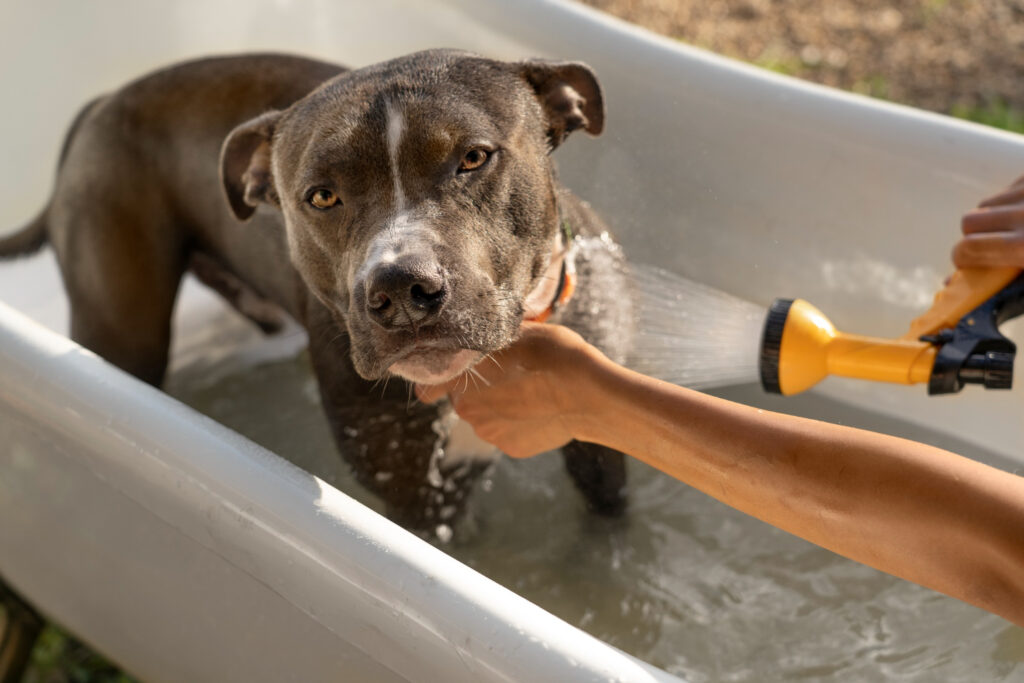
Adopting a regular cleaning routine using a bleach solution is key, given Parvo’s ability to survive on surfaces for extended periods. And if you have multiple pets, it’s wise to isolate the affected one. This separation helps prevent the virus from spreading, protecting all animals in your care.
Wrapping It Up
While these tips can support a dog’s recovery from Parvo, they are NOT a replacement for professional veterinary care. If you suspect your dog is showing signs of Parvo, or if you’re considering any home treatments, always consult your veterinarian first. Early detection and intervention are critical for the best outcome. Remember, our furry companions rely on us to provide them with the best care possible. Get updated knowledge on how to feed raw, discounts, coupons, and holistic rearing at www.RawOrigins.pet.
